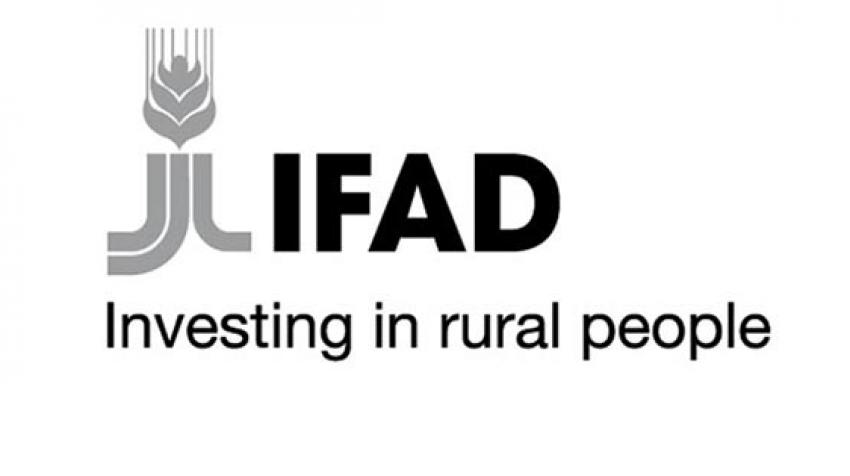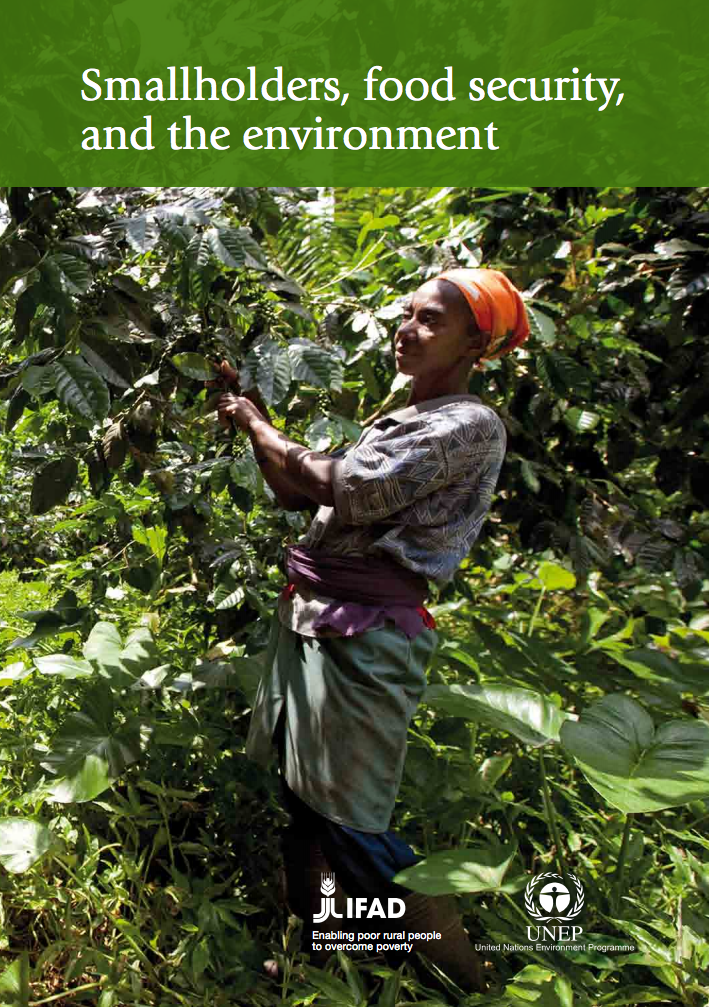Focal point
Location
The International Fund for Agricultural Development (IFAD), a specialized agency of the United Nations, was established as an international financial institution in 1977 as one of the major outcomes of the 1974 World Food Conference. The Conference was organized in response to the food crises of the early 1970s that primarily affected the Sahelian countries of Africa. The conference resolved that "an International Fund for Agricultural Development should be established immediately to finance agricultural development projects primarily for food production in the developing countries". One of the most important insights emerging from the conference was that the causes of food insecurity and famine were not so much failures in food production, but structural problems relating to poverty and to the fact that the majority of the developing world's poor populations were concentrated in rural areas.
IFAD's mission is to enable poor rural people to overcome poverty.
IFAD is dedicated to eradicating rural poverty in developing countries. Seventy-five per cent of the world's poorest people - 1.4 billion women, children and men - live in rural areas and depend on agriculture and related activities for their livelihoods.
Working with rural poor people, governments, donors, non-governmental organizations and many other partners, IFAD focuses on country-specific solutions, which can involve increasing rural poor peoples' access to financial services, markets, technology, land and other natural resources.
Resources
Displaying 46 - 50 of 102People, politics, the environment and rural water supplies
This publication examines people, politics and the environment and their relation to drinking water supplies in rural areas. Water, Sanitation and Hygiene (WASH) has become a well-established developmental sector into which domestic water naturally falls. However, efforts to improve rural water supply services may benefit from more inter-disciplinary collaboration.
Sustainable bamboo forestry management and communal land titles in Sangthong District: The experience of Huay Hang and Napor Villages
This report presents the innovative experience in bamboo forestry management and the process of Communal Land Titling carried out by the community of Huay Hang and Napor, Sangthong District, Lao PDR. The systematization of this experience has been made possible with the cooperation of the Ministry of Agriculture and Forestry, Ministry of Planning and Investment of Lao’s People Democratic Republic, the International Fund for Agricultural Development (IFAD) and the PROCASUR Corporation. They provided technical and methodological support in the process of documentation of the experience.
Smallholders, food security, and the environment
There are 1.4 billion poor people living on less than US$1.25 a day. One billion of them live in rural areas where agriculture is their main source of livelihood. The ‘green revolution’ in agriculture that swept large parts of the developing world during the 1960s and 1970s dramatically increased agricultural productivity and reduced poverty. Many of the productivity gains accrued to smallholder farmers, supported through research and extension services.
Smallholders, food security, and the environment
There are 1.4 billion poor people living on less than US$1.25 a day. One billion of them live in rural areas where agriculture is their main source of livelihood. The ‘green revolution’ in agriculture that swept large parts of the developing world during the 1960s and 1970s dramatically increased agricultural productivity and reduced poverty. Many of the productivity gains accrued to smallholder farmers, supported through research and extension services.
Transformation of the learning initiative Making Rangelands Secure
2.0 RECENT EVENTS 5.0 UGANDA GAZETTES A NATIONAL LAND POLICY 6.0 PLAYING THE “CONSERVATION CARD’: THE KHWE SAN IN NAMIBIA’S BWABWATA NATIONAL PARK 7.0 SECURING LAND TITLES FOR PASTORALIST WOMEN: THE STORY OF SAKALA 8.0 PROTESTS AGAINST CONVERSION OF PASTORAL LANDS INTENSIFY IN INDIA 9.0 PASTURE PROTECTOIN IN ADILA LOCALITY, DARFUR, SUDAN 10.0 VICTORIOUS IN TANZANIA 11.0 MORE RECENT EVENTS 12.0 18,000 CATTLE GIVEN PASSAGE ACROSS AUSTRALIA








